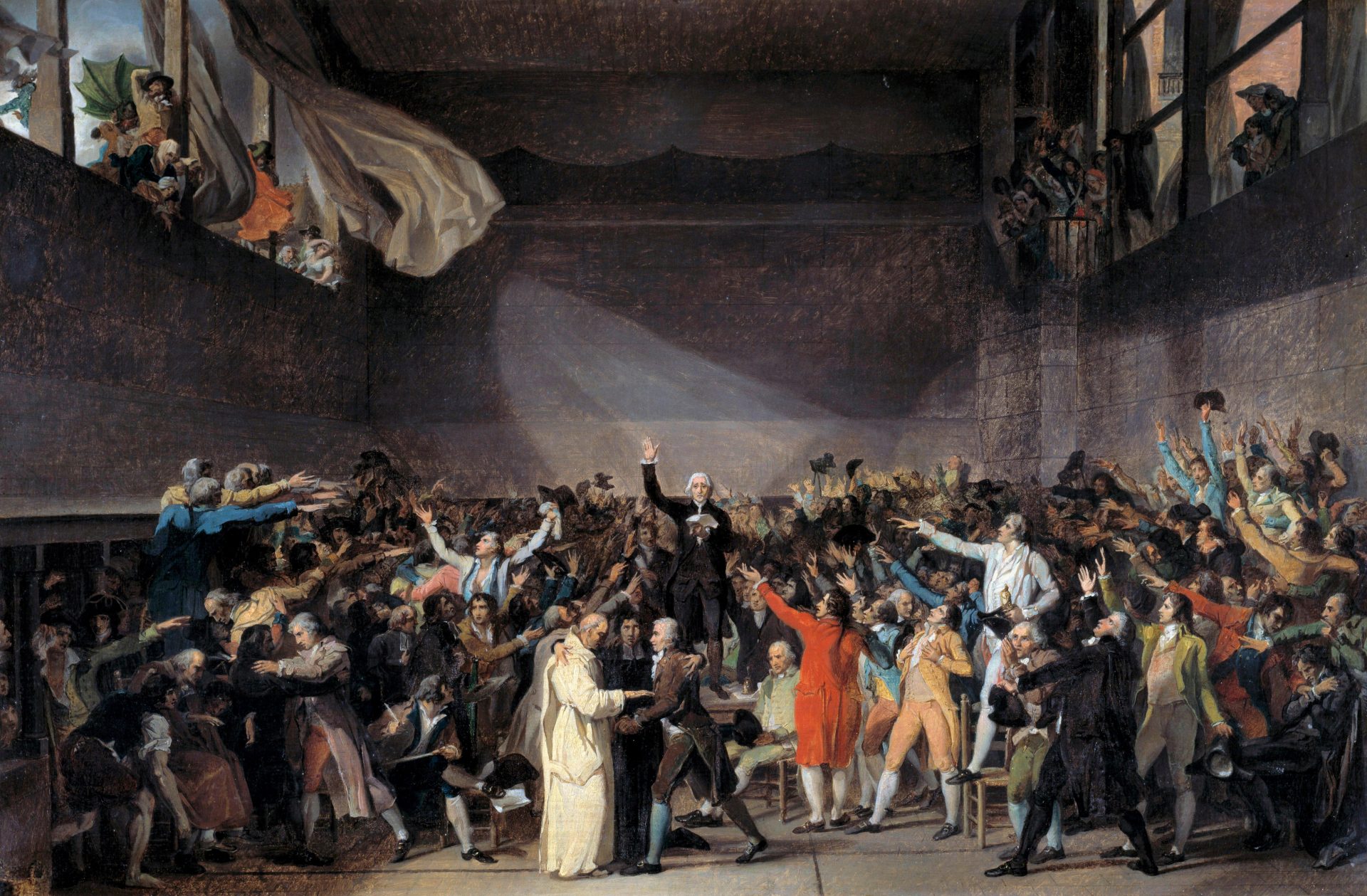By the time you read this it may well be that either Giuseppe Dell’Anno or Jürgen Krauss will have been ejected from this year’s Great British Bake Off – but I doubt it since the rivalry between the two amateur bakers has been the highlight of this otherwise lacklustre season of the long-running show. And if there’s something the Great British Public should have grasped by now, it’s that the competitive element of Bake Off is far less important than the ideological one. No. I’m not saying the competition is positively rigged – I’m just observing that the way it plays out almost always reflects contemporary British political realities: that’s why, duh, it’s the British bake off: because its very title signposts the synecdochical relationship between the marquee erected in the grounds of the Down Hall Hotel in Essex and the big tent we’re all rattling around in.
Previous seasons have seen Bake Off’s producers implicitly valorising multiculturalism by ensuring the right mix of ethnicities and heritages among the oh so British contestants – just as they’ve also juxtaposed sex, gender and sexual orientation in order to either affirm (or deny) the cultural preconception that baking is women’s work. Now, perhaps, comes the year when the programme reveals its crypto-Remainer agenda; for what else are we to make of this head-to-head between contestants, respectively, of Italian and German origin – and male ones at that. Surely we’re meant to see the Dell’Anno/Krauss face-off in the wider context of a happy and united European family; with the former representing the cradle of European civilisation – and the latter the continent’s recovery from the Götterdämmerung of the Nazi era?
Yes, yes – I appreciate that both men are pretty deft despite sporting oven gloves, and that they should be considered as individuals and not just national stereotypes, but when Dell’Anno won the accolade of star baker for his performance during German Week, you didn’t have to be a member of Alternative für Deutschland (or Lega Nord for that matter), to see a conspiracy at work here – its objective being to promote a wholly irenic view of Italo-German relations, and by extension a healing of the long-standing (and politically crippling) division between fiscally conservative Northern Europe and the tax-dodging (and overspending) south.
Or, am I getting things completely the wrong way round? After all, given that Krauss, a physicist, and Dell’Anno, an engineer, both have families and are currently resident in Britain, we can only assume both have either been granted indefinite right to remain, or its approval is pending.
One thing the system inaugurated by Johnson’s Brexiteer government implicitly endorses is that foreign residents here should – in some grotesque echo of the EU’s solidarity mantra – move towards an ever-closer union with the UK, and eventually apply for citizenship.
Who knows, Dell’Anno and Kraus may already be naturalised – in which case far from endorsing a return to the unleavened European fold, Bake Off is really making the case for an independent and rising Britain, capable of absorbing all foreign elements into its largely white and doughy masses.
What makes me tend towards the latter view is the character of Krauss: a superficially bumbling presence who’s endured considerable – and nationally inspired – mockery from the programme’s presenters throughout this run. Krauss thus takes on the role necessarily mandated for him in the pageant of British patriotism: that of the so-called “Good German”.
The Good German really doesn’t have to do that much in order to be confirmed in his essential, um, goodness – apart from 1) Not being a Nazi; and 2) Being here. Because let’s face it, given that Britain is the morally best nation in the world, you simply cannot be a truly good German unless you’re… British.
A previous player of this stereotypical role was the Anglo-German writer W.G. Sebald, the 20th anniversary of whose death falls this December.
In his fiction, Sebald engaged directly with the impact of the Holocaust and the Nazi era more generally in ways that most post-war German writers shied away from. How pleasing it was for the British to claim ownership of this notably good German – so pleasing, that in the years since his death there’s only been one possible successor: Gisela Stuart, whose wonky political path from New Labour MP to independent peer saw her chairing Vote Leave. But setting to one side any culinary or political considerations at all, the successive iterations of the Good German – from world-class writer, to adventitious politician, to amateur baker – tells one story alone: that of precipitate cultural decline.



